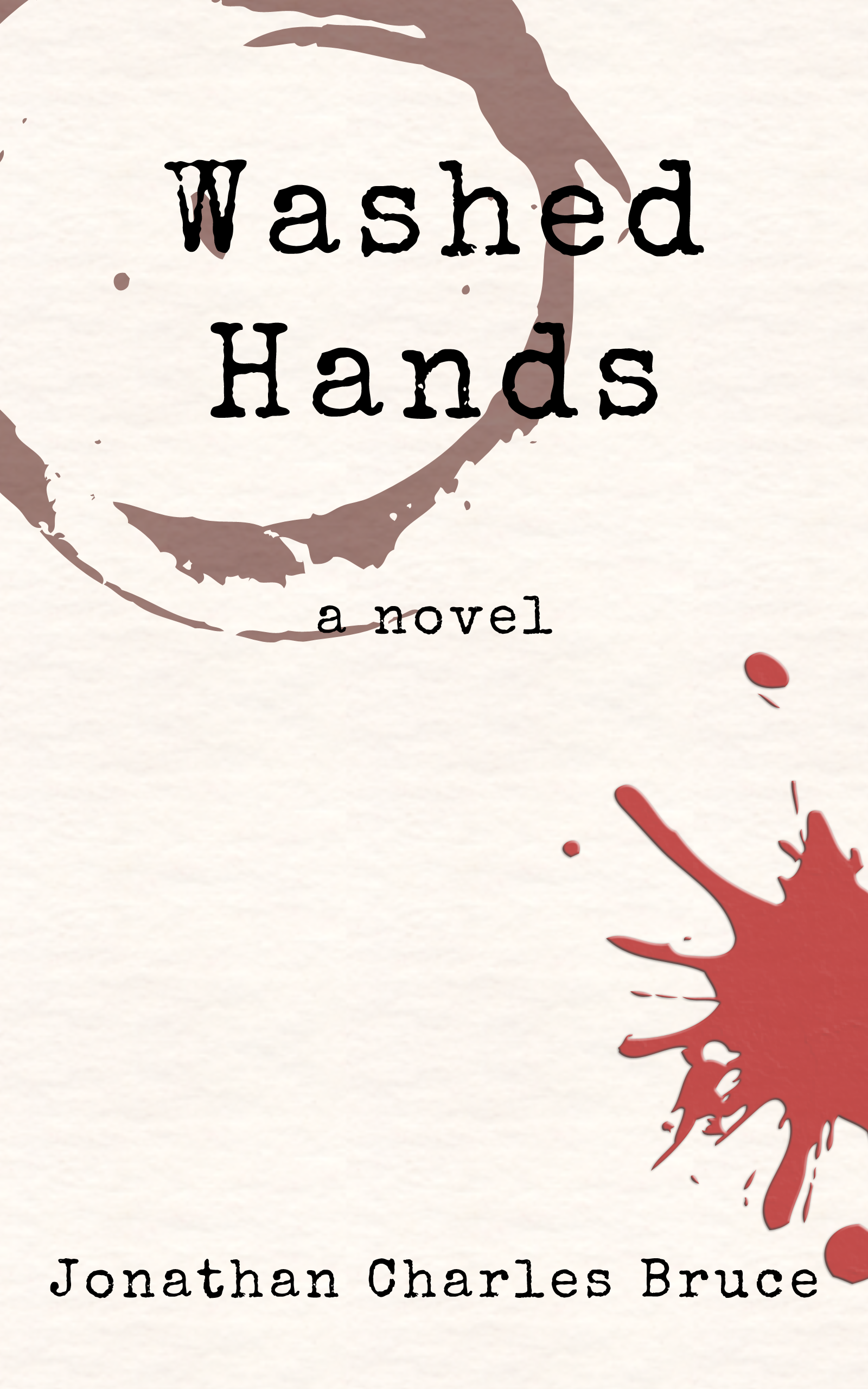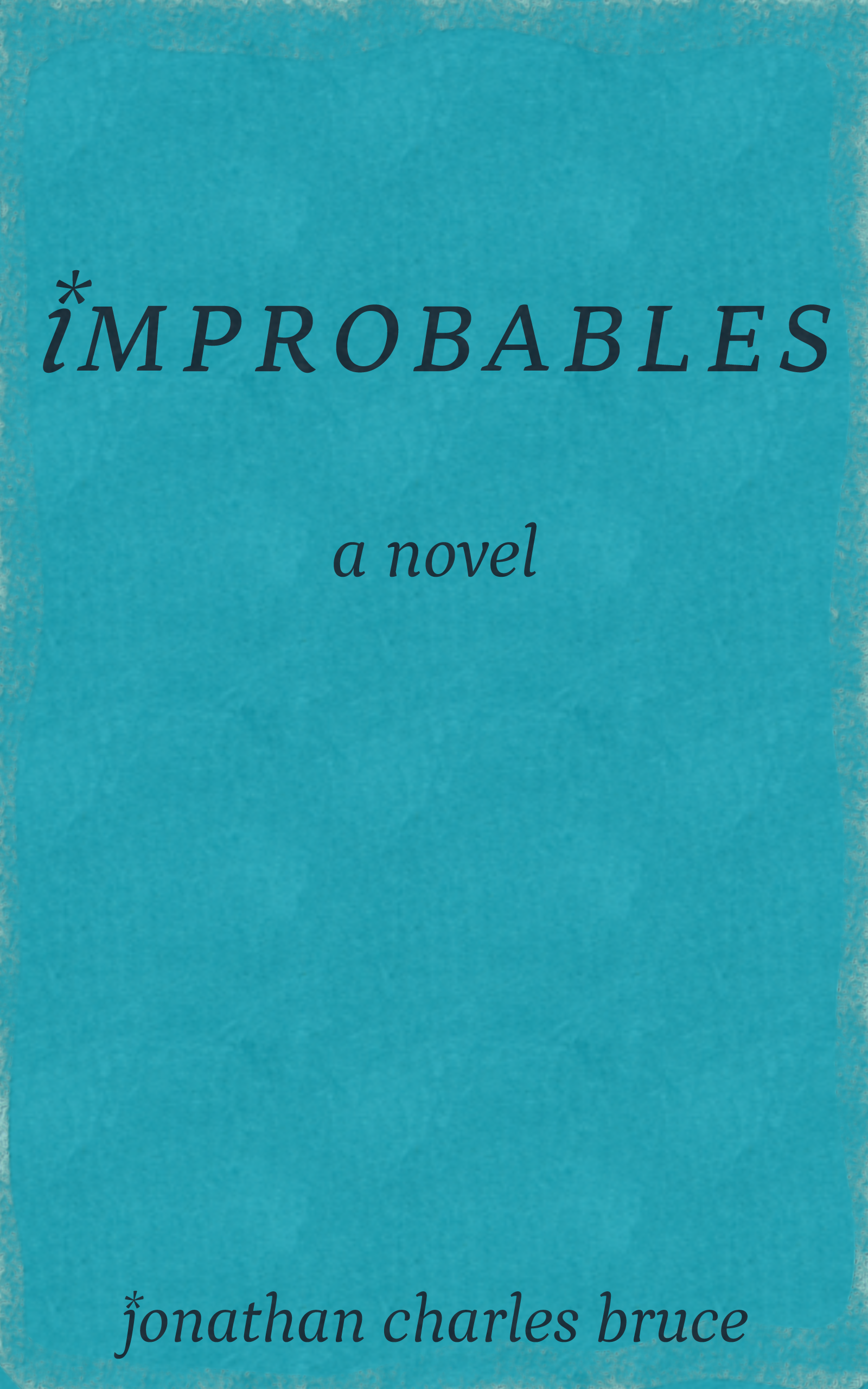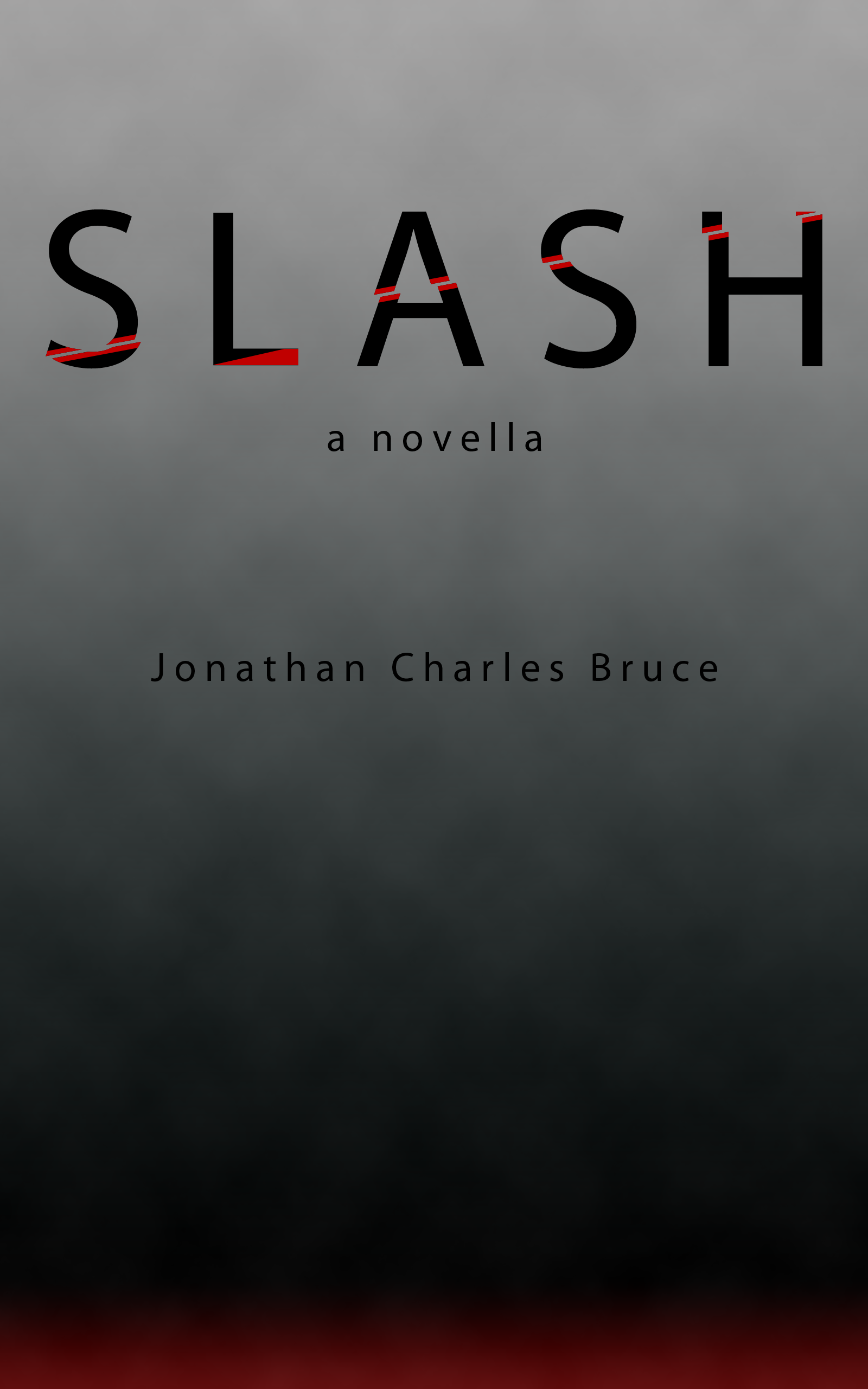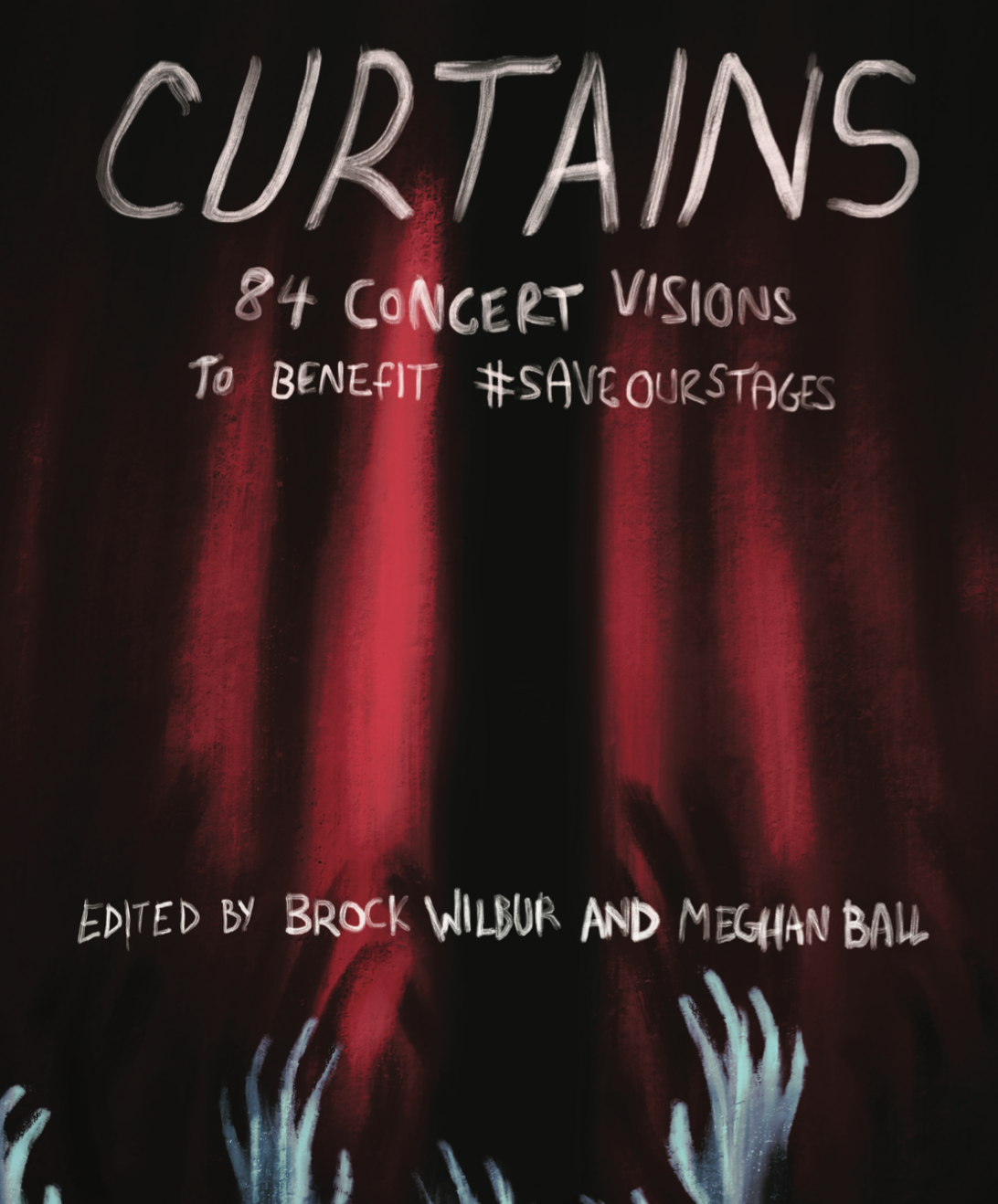A Detective Novel, Perchance?
In my history course this semester, I’ve been doing a lot of reading on various theoretical interpretations of different media. The reason I’m doing this is because I’m writing a paper on Die Hard and what it reflects about the United States. See, the story of Die Hard does not begin with the 1988 movie. In 1966, Roderick Thorpe published The Detective, a crime thriller which would spawn a movie of the same name and then a sequel titled Nothing Lasts Forever. The sequel would eventually lead to John McTiernen bringing John McClane – super cop and all around badass – to the big screen. (For my kinda-in-depth and snarky comparative review of Die Hard and Nothing Lasts Forever, head on over to Twenty Four Pages!)
What interests me is the procession of this fictional series’s arc – starting at the height of the Civil Rights Movement and ending in the vapid 80's, I feel that analysis of these materials can reveal quite a bit about the evolution of the national consciousness. And reading a handful of books on Vietnam and masculinity, detective novels (and masculinity), and the dime novel (and... uh... the theme should be obvious by now) has convinced me there’s something pretty valuable for academia.
But there’s something else, too. I do, after all, write fiction, too.
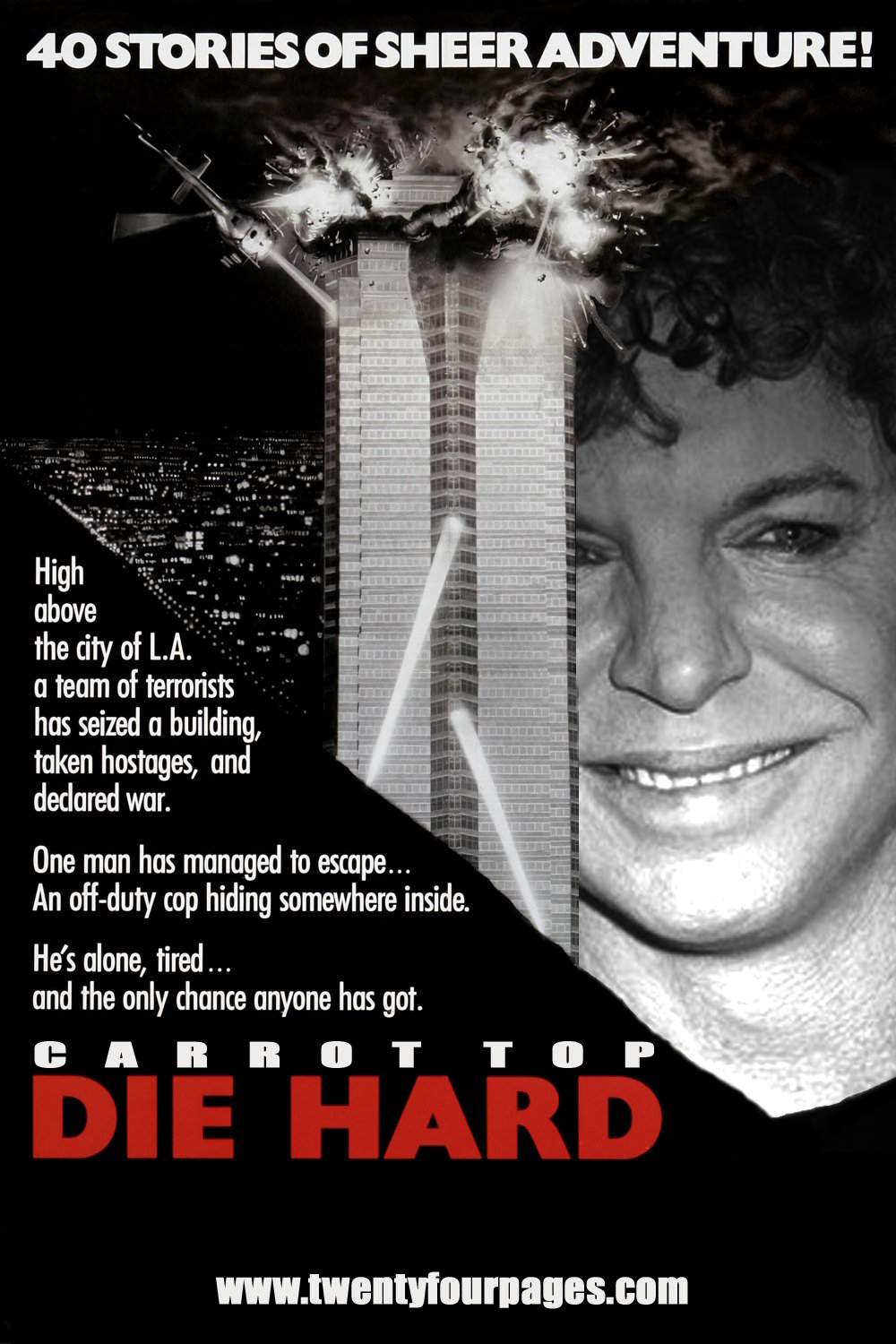
And terrifying, terrifying Photoshops.
In reading Murdering Masculinities by Greg Forter, I felt a major pull to write a detective novel. Outside of a brief period where I wanted to write a mystery play, I never really had an impulse to write any kind of mystery novel. Well, that’s not entirely true. Otherworld, in some ways, is a mystery – just a mystery that’s cloaked in other things. And, to be true, there’s some element of a mystery in most fiction, but it usually is less important than other aspects of the narrative.
So, long story short, after reading about a bunch of different detective novels and how they subvert traditional gender norms, I really want to write one. Not only that, but I want to write historical fiction, something which works within and acknowledge the events and cultural milieu of a specific temporal frame. It’s reading about the plots and situations that are steeped in their eras that really makes me want to try and capture that.
Now, this won’t happen for awhile because I have to defend my thesis in a few months and complete my ode to Die Hard, but I’m hoping that I can get something going on eventually. Since most of my research deals with the Civil Rights Movement in Milwaukee, I would probably set the narrative there, specifically in the summer of 1967. The city is pretty intense during this time frame – the relationship between police and the citizens is rapidly deteriorating, a “riot” looms on the horizon, open housing is a topic of increasingly angry conversation – so there’s a lot of background to work with.
Part of the thing that intimidates me about this project is that there’s so much to work with in terms of history. On top of that, how does one write and refer to civil unrest – civil unrest with a human cost, no less – without appearing like you’re exploiting it? Historical distance certainly helps to alleviate some of this pressure, and since this project wouldn’t be about the “riot” so much as include it as a background event, such aspects would add a further layer of disassociation.
Also, how exactly would I begin to approach well-known historical actors? It would be silly of me to pretend like they aren’t there or even replace them with fictional representations. But when does honest recognition turn into blatant pandering? There are several examples in the movie Titanic that Red Letter Media points out, but I think the best example of this phenomenon is Forrest Gump.
For those who haven’t read the novel or watched the film, Forrest Gump stumbles effortlessly into a number of important American events, usually in a way that inspires other people or is suitably “wacky.” For instance, he ends up “teaching” Elvis how to dance when he’s younger and also helps catch Richard Nixon’s cronies at the Watergate Hotel. On the one hand, it’s kind of neat to show different things that we know turn out to be important, but on the other, it’s a cheap and kind of manipulative tool to force a connection between audience and characters. By jamming Gump into the Watergate narrative, he ends up a critical player in bringing down the president! By teaching Elvis how to dance, he helps catapult the singer to fame and fortune!
There’s another aspect of this, too. The more emphasis you place on your fictional character’s
role in history, the less agency you give the actual historical actors. Elvis learning from Gump
removes all the... um... “inspiration” Elvis took from African American artists. Him helping foil
Nixon’s goons at the Watergate Hotel strengthens his (once again, fictional) role while
undermining the reality of how the burglars were actually caught and arrested. In the case of
Titanic, name-dropping Picasso and Freud shows that the character has “modern” tastes but also
takes them out of the world you’re trying to create.
Skip to 31:06 if you don't like to laugh and/or your soul was removed in a horrible threshing accident.
Needless to say, there’s a fairly delicate balancing act that I’m going to have to work with. The characters will be inserted in a world with an already established timeline of events and people. As such, they can participate in the world, but not effect it so greatly that it disrupts what we’ve come to know about the era. In many ways, it’s restricting. The story can indeed be sweeping, but it still needs to respect and understand the historical limitations that the it finds itself in.
At the same time, though, it also frees up a lot of focus. Instead of worrying about the expanding world of, say, Project Northwoods (which you should really start reading (and if you have, thank you!)), the world has already been constructed and layered with meaning. While I do not claim to be an expert on the Milwaukee movement, I am nonetheless quite familiar with a lot of the events and cultural norms of the city in that time. Without all that pesky world building, more time can be spent establishing the characters and their relationships. Naturally, time will be spent relaying information about what I know to the reader, but it’s pre-baked – I don’t have to build an entire or even a partial reality from scratch.
Another thing that I have to do is actually make it a story worth telling. As much fun as it would be having a private eye kick the shit out of racists for eighty thousand words, there needs to be something personal at the heart of it. Without that personal hook to drive the story, everything will just fall flat. It would be violence for the sake of violence which can be fun. But the story I want to tell isn’t necessarily fun – at its core, mysteries are dramatic narratives with a puzzle added to the proceedings.
With that in mind, I also need to develop a really strong main character. I want to write a main character different from myself. I think it challenges me as a writer – it puts me in other people’s shoes and forces me to see the world differently. Also, I would want to spend a majority of my time with one particular character – while Arthur was the central focus of Project Northwoods (and it’s your own fault if you don’t know who I’m talking about), he was a small part of a larger story, with numerous other players who get a fair amount of “screen time.” Sticking with one actor through the majority of the narrative arc will help me avoid the perils of making the manuscript the monster that some other ones I could mention became.
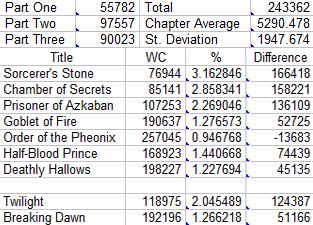
LOOK AT IT AND TREMBLE
It would also make it much easier to keep the mystery a surprise for the audience – something to reward and challenge the audience.
With that in mind, I would really like to make my “detective” an African American woman. In short, I think this would provide a really interesting view of both the historical narrative and the genre itself. It would also provide, I believe, the most dynamic view of the era – a woman from a marginalized community in the midst of social upheaval would have a unique understanding of the world and its problems. But most of all, the story I want to tell includes this racial narrative – for trying to understand Milwaukee divorced from its rocky racial past and present is a terrible oversight which handicaps the present and future of the city.
I’m sure there are plenty of authors far more qualified than me who could attempt something like this, but I really do enjoy honing my... um... craft? Hobby? Whatever it is, I enjoy working in a variety of forms and with different challenges.
< PREVIOUS ENTRY • NEXT ENTRY >
Advice • Fiction • Gaming • General Musings • Reviews


